
The board of directors of the Maria Moors Cabot Prizes, the oldest international journalism awards in the world, drew attention to the cases of persecution against Gustavo Gorriti, from Peru; José Rubén Zamora, from Guatemala and the team of the Venezuelan investigative journalism organization Armando.info.
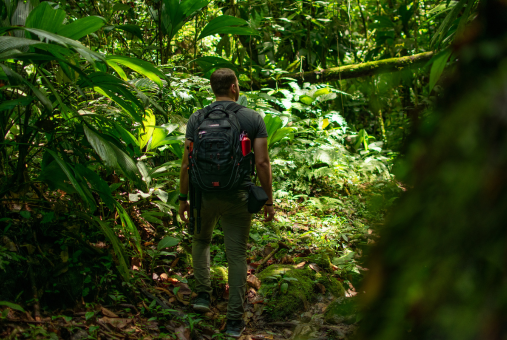
On the occasion of World Press Freedom Day, which marks the theme “Journalism in the face of the climate crisis” this year, LJR presents a compilation of open opportunities for Latin American journalists covering environmental issues. They include everything from reporting grants to mentorship to awards of different levels.
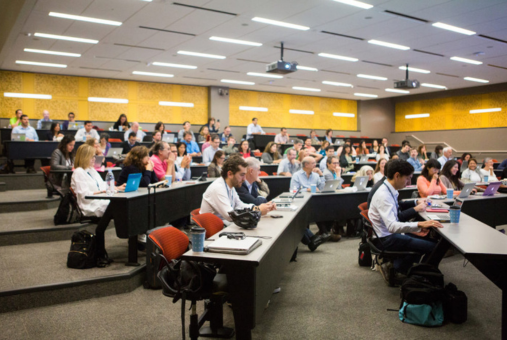
Journalism conferences, talks, festivals and symposiums are always a good excuse to exchange ideas and catch up on the work of colleagues in other countries. LatAm Journalism Review has made a list of some of the most important events for journalists from Latin America in 2024.
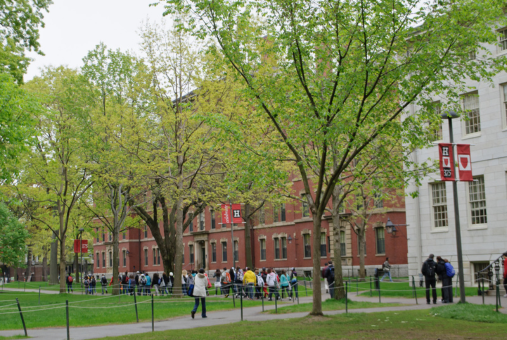
Fellowships at research centers and universities in Europe and the United States are among the most coveted career experiences for journalists. LJR takes a look at the main opportunities available to everyone, from beginners to highly experienced professionals.

The fact-checking coalition C-Informa of Venezuela won the Journalistic Excellence Award of the Inter American Press Association, in its category of data journalism, for revealing the social media disinformation strategy of Nicolás Maduro's regime. Learn more about the winning work in this article.

Laura Sánchez Ley (Mexico) and Abraham Jiménez Enoa (Cuba) received the Journalist of the Year award, and the latter also received an award for bravery, at the One Young World 2023 Summit in Belfast, Northern Ireland. The journalists denounced journalism conditions in Latin America and voiced support for their colleagues in exile.

Nayeli Roldán does not do journalism for the recognition. Since childhood, it became clear to her this profession would be her path, despite having grown up in a context of inequality. LatAm Journalism Review spoke with Roldán about her recent recognition and her plans to continue doing rigorous and service-oriented journalism.
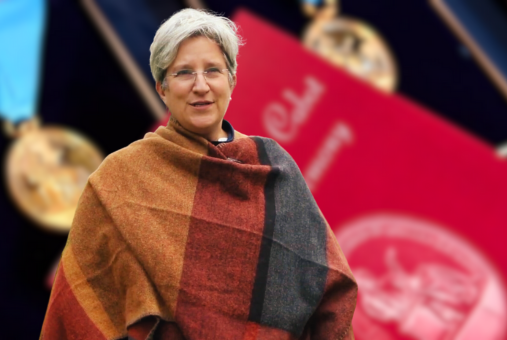
Despite physical and digital violence, polarization and verbal attacks by people in power that Mexican journalists currently face, 2023 Cabot Prize award winner Alejandra Xanic told LJR not to give in to fear. Rather, she advised evaluating risks and carrying out collaborations to continue doing investigative journalism.

From its media partnerships to training courses and the creation of an award, the Lincoln Institute of Land Policy, a U.S.-based nonprofit foundation, has boosted journalism on urban issues in Latin America. Learn how its support has sparked journalistic stories.

Investigatour Amazonía, an initiative created by Convoca in Peru and replicated by Fundamedios in Ecuador, aims to encourage the training of journalists from Amazon regions. The focus is on data journalism, digital narratives and security so that journalists can develop in-depth stories on environmental conflicts and organized crime suffered by their communities.
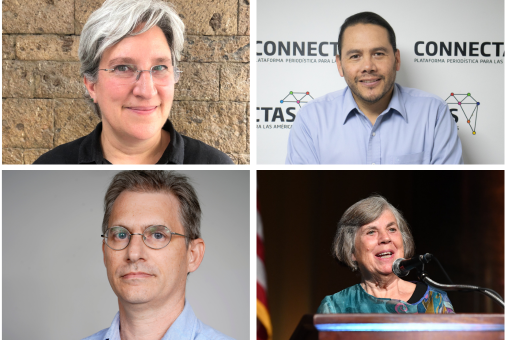
This year's Maria Moors Cabot Award winners have dedicated their careers to covering and explaining Latin America and the Caribbean. Carlos Eduardo Huertas of Connectas in Colombia; and Alejandra Xanic of Quinto Elemento Lab in Mexico are among the winners. The Award also honors Mexico and Nicaragua in its Special Citations.
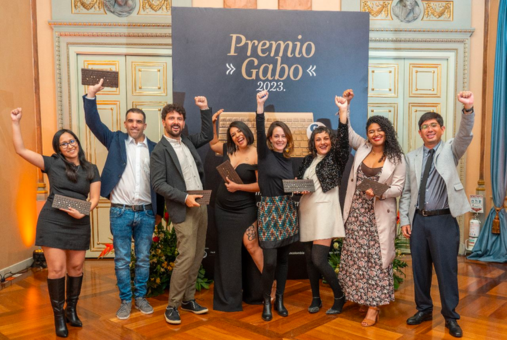
Feature stories by El Espectador (Colombia), IDL-Reporteros (Peru) and Réporter Brasil (Brazil) won the Gabo 2023 Award in Text, Image, and Coverage categories, respectively. The awards gala also honored journalist Jennifer Ávila (Honduras) and denounced injustices against Guatemalan journalist José Rubén Zamora, who has been imprisoned for almost a year.